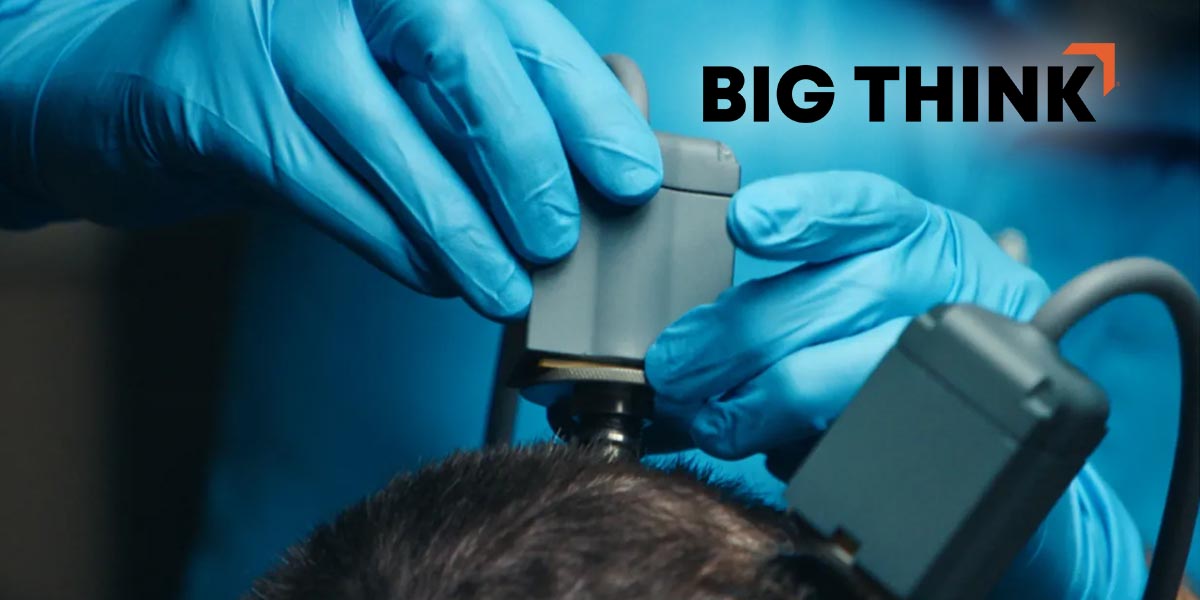Why It’s Time to Take Electrified Medicine Seriously
“The nervous system really uses electricity as its language,” says Robert Kirsch, chair of biomedical engineering at Case Western Reserve University and executive director of the Cleveland FES Center.
Details









